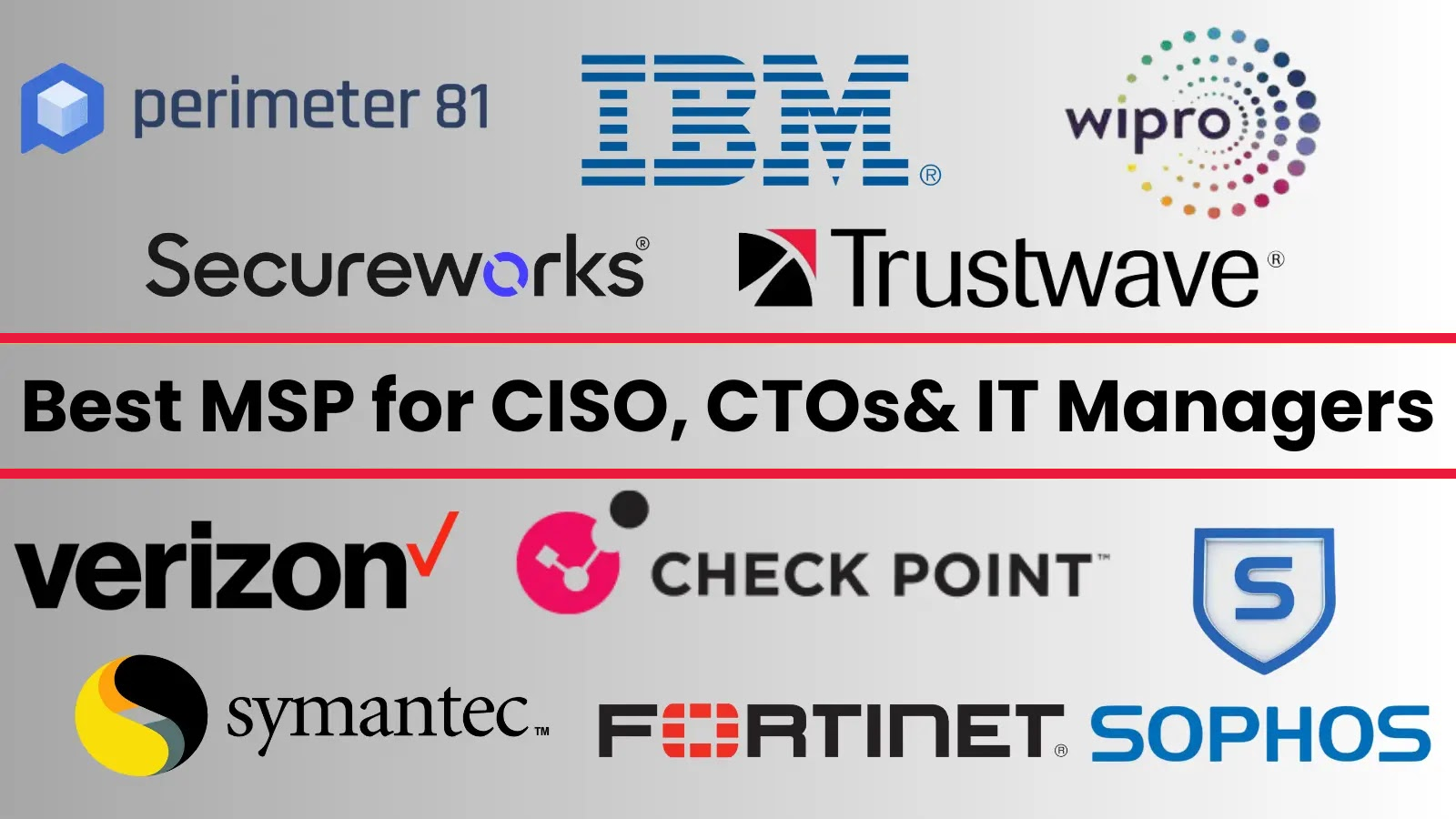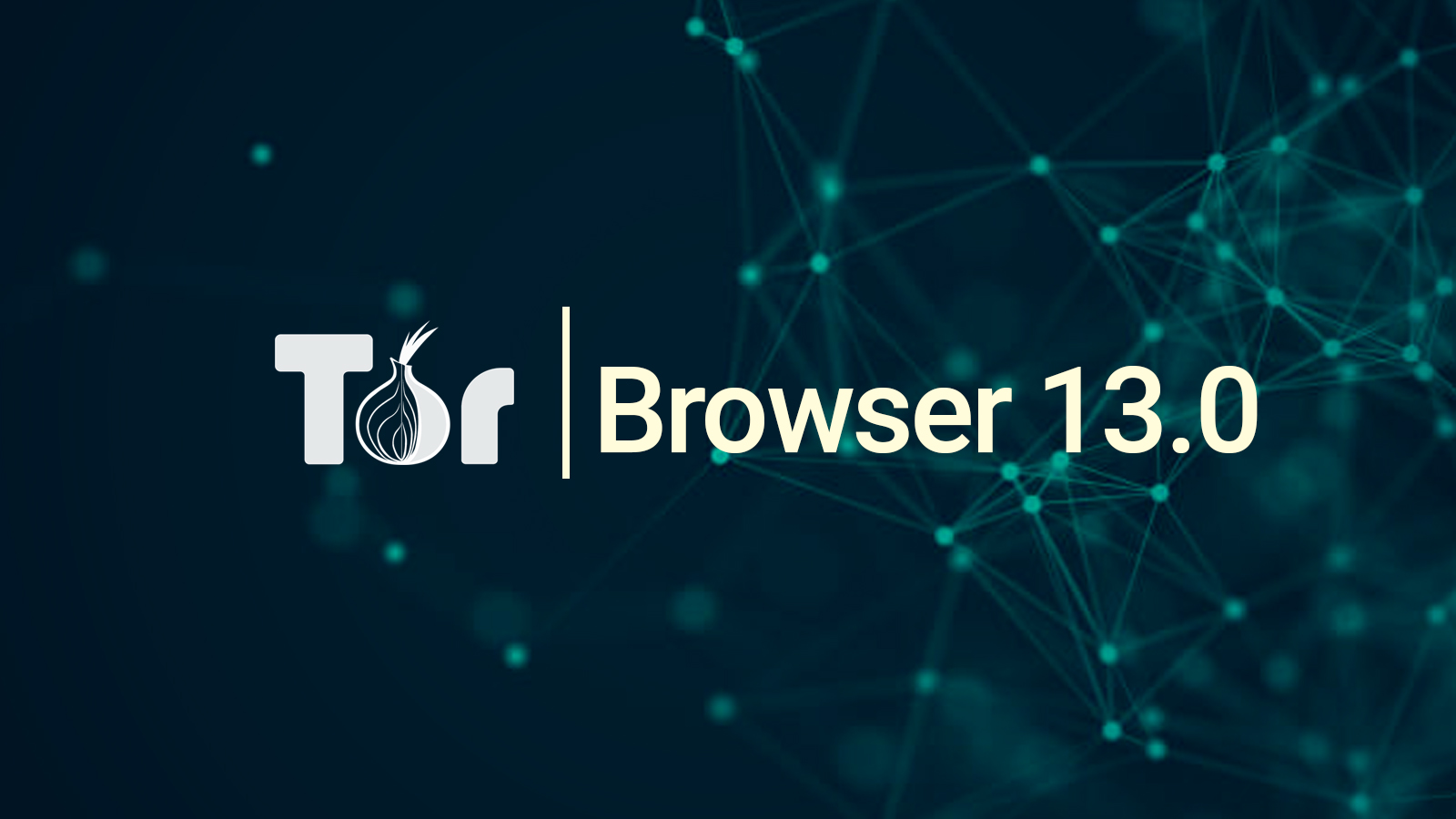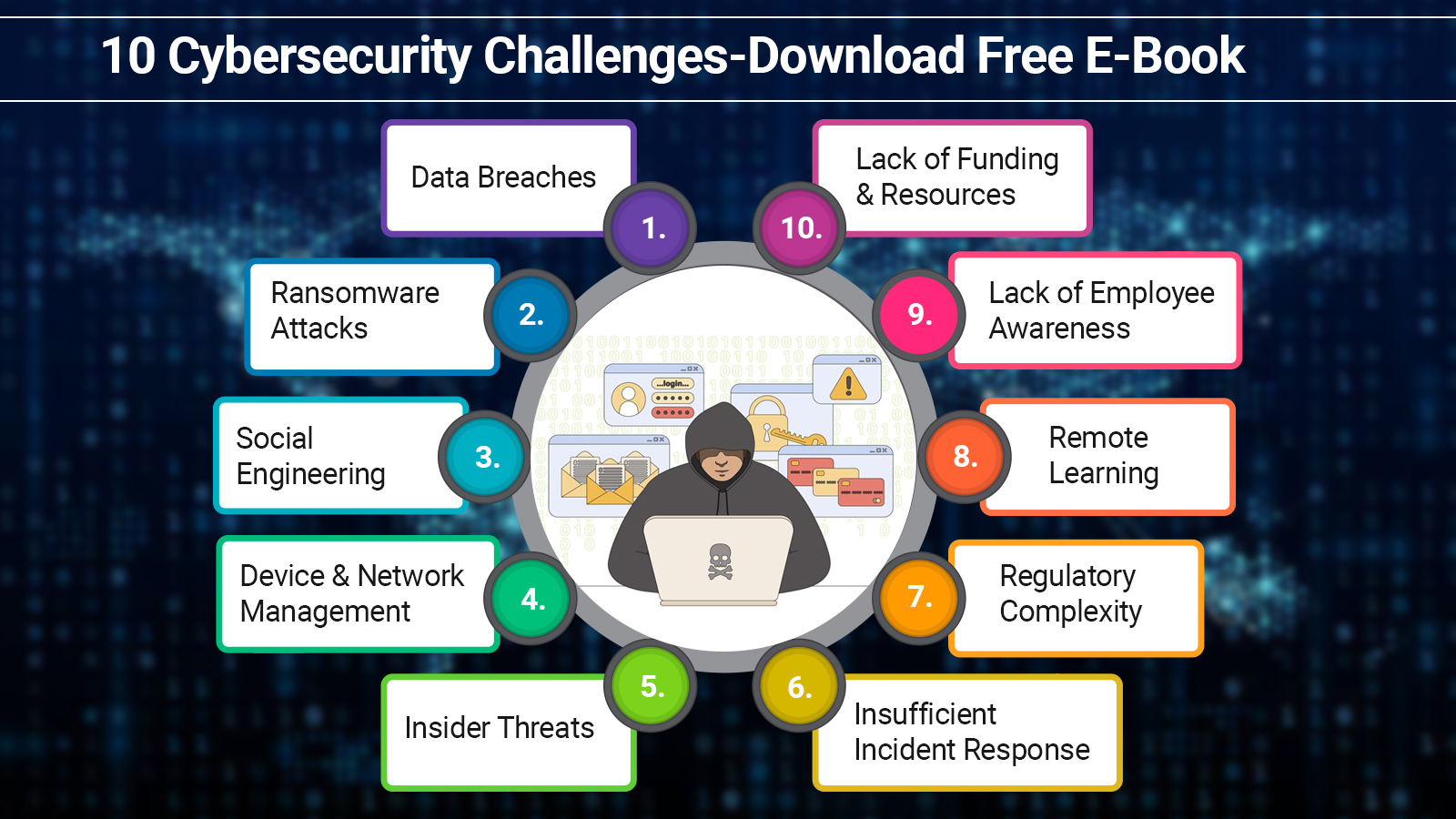On Monday, the US Department of Energy revealed a $45 million overall investment in 16 projects aimed at enhancing cybersecurity in the energy industry.
The initiatives that are overseen by the Office of Cybersecurity, Energy Security, and Emergency Response (CESER) are designed to provide new instruments for lowering cyber threats and enhancing the resilience of energy systems, such as pipelines, renewable energy sources, utilities, and power grids.
According to the DoE, the investment is intended to foster the creation of novel countermeasures to risks that the energy sector faces both now and in the future. The chosen projects fall into six categories: advanced cybersecurity software, attack prevention and mitigation, security, and resilience by design, authentication, vulnerability detection and mitigation, and integration of new solutions.
A tiny form-factor computation platform for the OT networks of natural gas compressor stations will be constructed by General Electric. Using quantum communication to secure the transmission of time-sensitive coordination messages, General Electric's GE Research will concentrate on enhancing communications for generation, transmission, and distribution.
Funds will be awarded to the Electric Power Research Institute (EPRI) for five projects: using artificial intelligence to improve the cybersecurity of control systems at the grid edge; Zero-Trust Architecture (ZTA) for a private and secure 4G LTE & 5G network for electric power systems; authorization and authentication in ZTA; mitigating vulnerabilities in control system software; and employing digital twins to detect attacks in power generation assets.
“GridLogic,” a cyber-physical security system designed to thwart both cyberattacks & malevolent insiders, and “DerGuard,” a framework for automating vulnerability identification through artificial intelligence, are being developed by Georgia Tech Research Corporation.
While Texas A&M University-Kingsville is working on a zero-trust authentication mechanism using post-quantum cryptography, Iowa State University of Science and Technology is developing technical solutions to improve the resilience of critical control functions of grid infrastructure, and Kansas State University is concentrating on fixing vulnerabilities in current standards.
GE Packaged Power will showcase Attack Detection and Accommodation (ADA) technology; Stony Brook University will demonstrate data encryption while enabling smart network nodes to access the encrypted data; and New York University will develop “DISCOVER,” an integrated and scalable digital twin for security and code verification.









